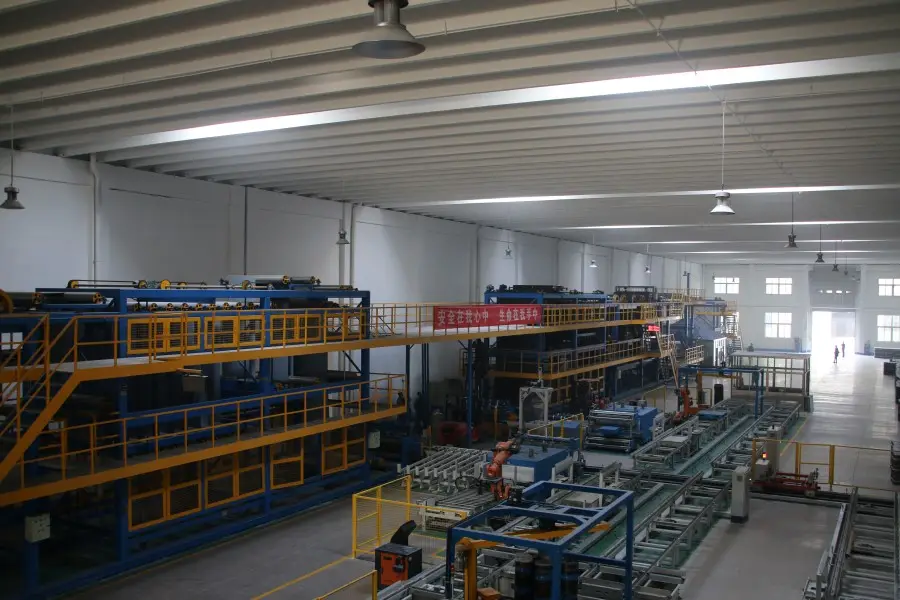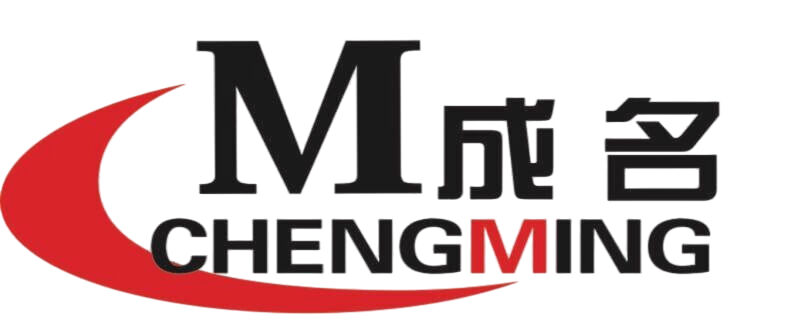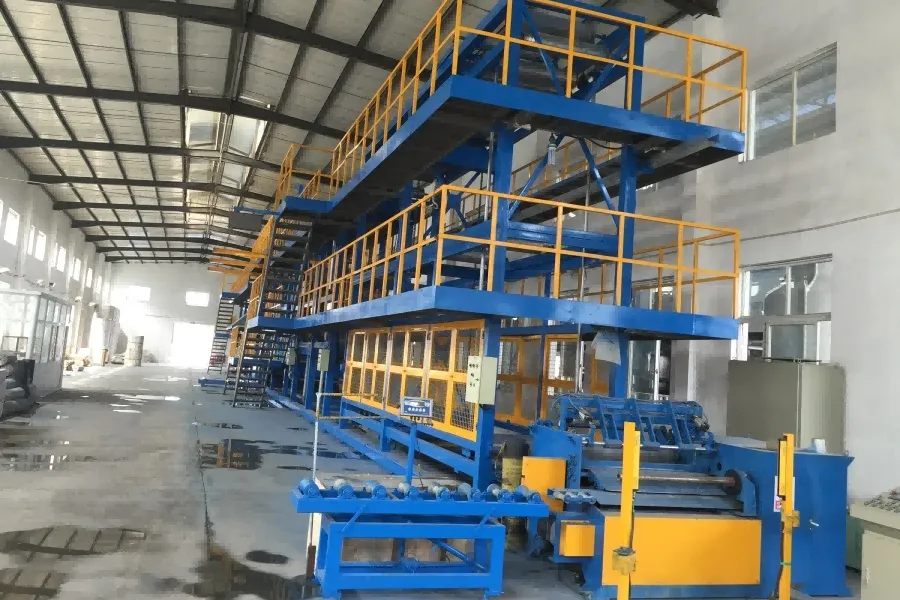Essential Quality Control Standards in Modified Bitumen Manufacturing
The manufacturing of modified bitumen membranes represents a critical process in the roofing industry, where quality control measures play a pivotal role in ensuring compliance with ASTM standards. A modified bitumen membrane production line must undergo rigorous testing and monitoring to maintain consistent product quality and meet industry specifications. Understanding these quality checks is essential for manufacturers, contractors, and industry professionals who rely on these materials for reliable waterproofing solutions.
Modern modified bitumen membrane production facilities implement comprehensive quality assurance programs that encompass raw material testing, in-process controls, and finished product evaluation. These systematic approaches ensure that every membrane roll leaving the production line meets or exceeds ASTM requirements, providing customers with dependable roofing materials that perform as intended in real-world applications.
Raw Material Quality Assessment
Bitumen Base Material Testing
The foundation of quality modified bitumen membrane production begins with thorough testing of the base bitumen material. Manufacturers must verify the penetration value, softening point, and flash point of incoming bitumen supplies. These properties directly influence the final product's performance characteristics and must align with ASTM D312 specifications.
Laboratory technicians conduct regular sampling and testing of bitumen deliveries, maintaining detailed records of test results and supplier certifications. This documentation forms part of the quality control system's traceability requirements, enabling manufacturers to identify and address any material-related issues promptly.
Polymer Modifier Verification
The polymer modifiers used in the modified bitumen membrane production line undergo equally stringent quality checks. Whether using APP (Atactic Polypropylene) or SBS (Styrene-Butadiene-Styrene) modifiers, manufacturers must verify the polymer's molecular weight distribution, thermal stability, and compatibility with the base bitumen.
Quality control procedures include testing polymer samples for melt flow rate, ash content, and volatile matter content. These parameters ensure proper modification of the bitumen matrix and contribute to the membrane's overall performance characteristics.
Production Process Controls
Temperature Monitoring Systems
Throughout the modified bitumen membrane production line, temperature control represents a critical quality parameter. Advanced monitoring systems continuously track temperatures at multiple points, including the mixing tanks, coating head, and cooling section. Precise temperature control ensures proper polymer dispersion and optimal coating thickness.
Digital recording systems maintain temperature logs, allowing quality control personnel to verify that production conditions remained within specified ranges. Any deviations trigger immediate alerts, enabling operators to make necessary adjustments before quality issues develop.
Mixing and Dispersion Verification
The homogeneous distribution of polymer modifiers within the bitumen matrix is essential for consistent product performance. Quality control measures include regular sampling during the mixing process to verify proper polymer dispersion. Microscopic examination and specialized testing methods confirm the absence of unmixed polymer particles or inadequate dispersion patterns.
Production line operators monitor mixing parameters such as shear rates, residence time, and viscosity measurements to maintain optimal processing conditions. These controls ensure that the modified bitumen compound achieves the desired properties before entering the membrane formation stage.

Finished Product Testing
Physical Property Evaluation
Completed modified bitumen membranes undergo comprehensive physical testing to verify compliance with ASTM D6162, D6163, or D6164 standards, depending on the reinforcement type. Testing protocols include tensile strength measurement, elongation capability, tear resistance, and dimensional stability evaluation.
Quality control laboratories maintain calibrated testing equipment and follow standardized procedures to ensure accurate and repeatable results. Regular testing of production samples helps identify any trends or variations that might affect product performance.
Weathering and Durability Assessment
Long-term performance characteristics require specialized testing to simulate environmental exposure and aging effects. Quality control programs include accelerated weathering tests, heat aging evaluation, and low-temperature flexibility assessment. These tests help predict the membrane's durability and weather resistance in actual applications.
Manufacturers maintain detailed records of weathering test results, creating a database that supports product development and quality improvement initiatives. This information also helps validate warranty claims and provide customers with reliable performance expectations.
Documentation and Traceability
Quality Control Records Management
A modified bitumen membrane production line must maintain comprehensive documentation of all quality control activities. This includes raw material test reports, production parameter logs, and finished product test results. Electronic quality management systems help organize and track this information, ensuring easy access for audits and quality reviews.
Regular analysis of quality control data helps identify opportunities for process improvement and supports continuous optimization of production parameters. This data-driven approach enables manufacturers to maintain consistent product quality while improving operational efficiency.
Certification and Compliance Reporting
Quality control departments generate detailed compliance reports documenting how products meet ASTM requirements. These reports include test results, statistical analyses, and certification statements that support product approvals and regulatory compliance.
Manufacturing facilities maintain relationships with accredited testing laboratories and certification bodies to validate their internal quality control results and ensure compliance with industry standards. This third-party verification adds credibility to quality claims and supports customer confidence.
Frequently Asked Questions
How often should quality control testing be performed on a modified bitumen membrane production line?
Quality control testing should be conducted at multiple frequencies depending on the parameter being measured. Raw material testing occurs with each delivery, in-process testing happens continuously during production, and finished product testing is typically performed on each production lot or at specified intervals, usually every 4-8 hours of continuous production.
What are the most critical ASTM standards for modified bitumen membrane manufacturing?
The primary ASTM standards for modified bitumen membranes include D6162 (for polyester reinforced materials), D6163 (for glass fiber reinforced materials), and D6164 (for polyester reinforced materials). These standards specify the minimum physical properties, performance requirements, and testing methods for quality assurance.
How do manufacturers ensure consistent quality across different production batches?
Manufacturers maintain consistency through detailed standard operating procedures, automated process controls, regular calibration of equipment, and comprehensive quality control testing programs. Statistical process control methods help monitor variations and maintain product uniformity across different production runs.

